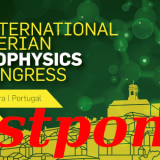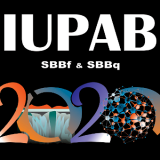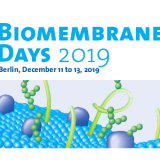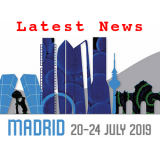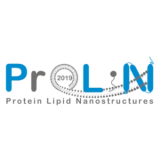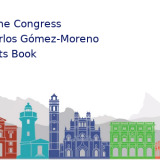The 3rd International Conference on Physiological Computing Systems – PhyCS 2016
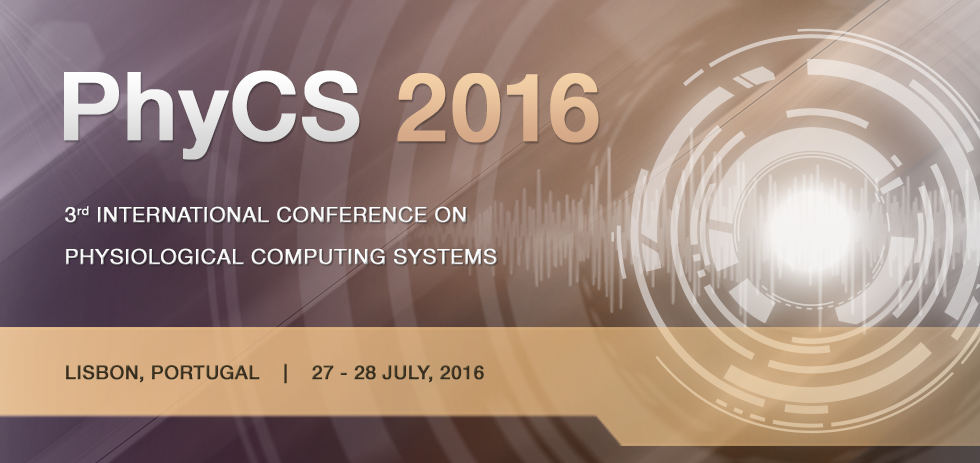
July 27th – 28th, 2016, Lisbon (Portugal).
Congress Web Site: Follow this link.
Physiological data in its different dimensions, either bioelectrical, biomechanical, biochemical or biophysical, and collected through specialized biomedical devices, video and image capture or other sources, is opening new boundaries in the field of human-computer interaction into what can be defined as Physiological Computing. PhyCS is the annual meeting of the physiological interaction and computing community, and serves as the main international forum for engineers, computer scientists and health professionals, interested in outstanding research and development that bridges the gap between physiological data handling and human-computer interaction.
Dates and Deadlines
Regular Papers
- Paper Submission: February 16, 2016
- Authors Notification: May 5, 2016
- Camera Ready and Registration: May 19, 2016
Position Papers
- Paper Submission: April 21, 2016
- Authors Notification: May 27, 2016
- Camera Ready and Registration: June 9, 2016
Workshop
- Proposal: February 26, 2016
Special Session
- Proposal: March 8, 2016
Tutorials, Demos and Panel
- Proposals: March 31, 2016
Keynote Lectures
Kevin Warwick, Coventry University, United Kingdom
Tanja Schultz, Karlsruhe Institute of Technology, Germany
Conference Areas
Each of the topic areas covered by the Conference is expanded below, but the sub-topics list is not exhaustive: Papers may address one or more of the listed sub-topics, although authors should not feel limited by them. Unlisted but related sub-topics are also acceptable, provided they fit in one of the following main topic areas:
Areas
- DEVICES
- METHODOLOGIES AND METHODS
- HUMAN FACTORS
- APPLICATIONS
AREA 1: DEVICES
- Biomedical Devices for Computer Interaction
- Haptic Devices
- Brain-computer Interfaces
- Health Monitoring Devices
- Physiology-driven Robotics
- Wearable Sensors and Systems
- Cybernetics and User Interface Technologies
- Robotic Interfaces Mediated by Biosignals
AREA 2: METHODOLOGIES AND METHODS
- Biosignal Acquisition, Analysis and Processing
- Pattern Recognition
- Neural Networks
- Processing of Multimodal Input
- Observation, Modeling and Prediction of User Behavior
- Computer Graphics and Visualization of Physiological Data
- Video and Image Analysis for Physiological Computing
- Motion and Tracking
- Semantic Technologies and Cognition
- Simulation of Physiological Processes
AREA 3: HUMAN FACTORS
- User Experience
- Usability
- Adaptive Interfaces
- Human Factors in Physiological Computing
- Learning and Adaptive Control of Action Patterns
- Speech and Voice Data Processing
- Understanding Expressivity from Physiological Data
- Guidelines for the Design of Physiological Interfaces
AREA 4: APPLICATIONS
- Physiology-driven Computer Interaction
- Biofeedback Technologies
- Affective Computing
- Pervasive Technologies
- Augmentative Communication
- Assistive Technologies
- Interactive Physiological Systems
- Physiological Computing in Mobile Devices
- Characterisation of Psychophysiological Constructs
Organizers
PhyCS CONFERENCE CO-CHAIRS
Alan Pope, NASA, United States
Hugo Plácido da Silva, IT- Institute of Telecommunications, Portugal
PROGRAM CO-CHAIRS
Stephen Fairclough, Liverpool John Moores University, United Kingdom
Andreas Holzinger, Medical University Graz, Austria
Abraham Otero, Universidad San Pablo CEU, Spain.
PhyCS Secretariat
Address: Av. D. Manuel I, 27A, 2º esq.
2910-595 Setúbal – Portugal
Tel.: +351 265 520 184
Fax: +44 203 014 8813
e-mail: phycs.secretariat@insticc.org
Web: http://www.phycs.org/.
